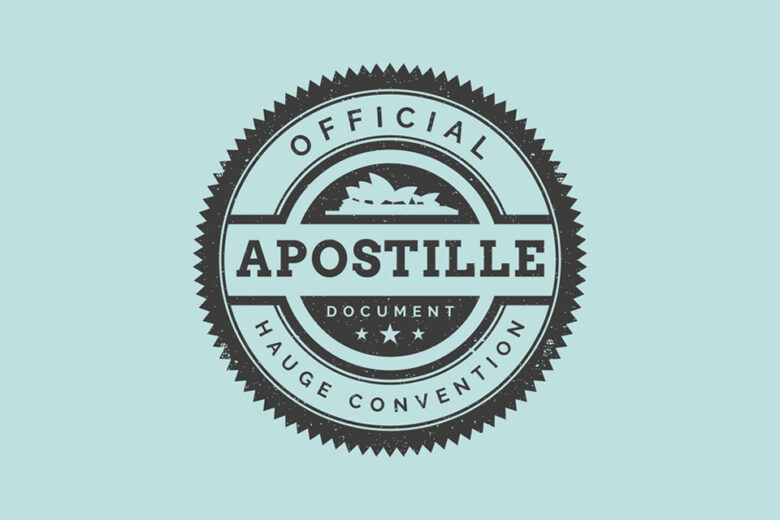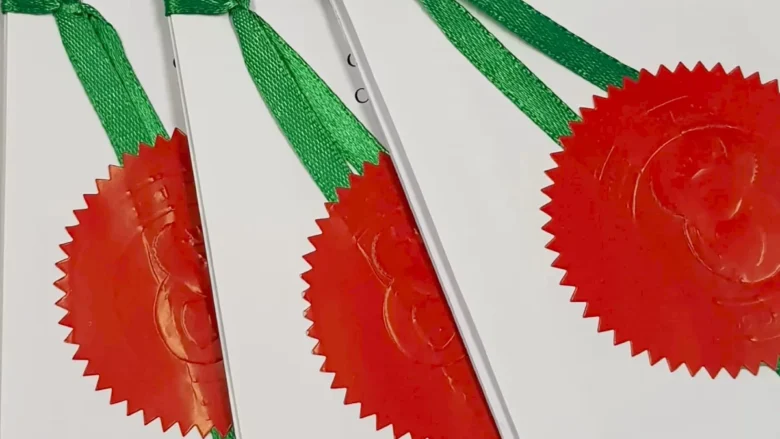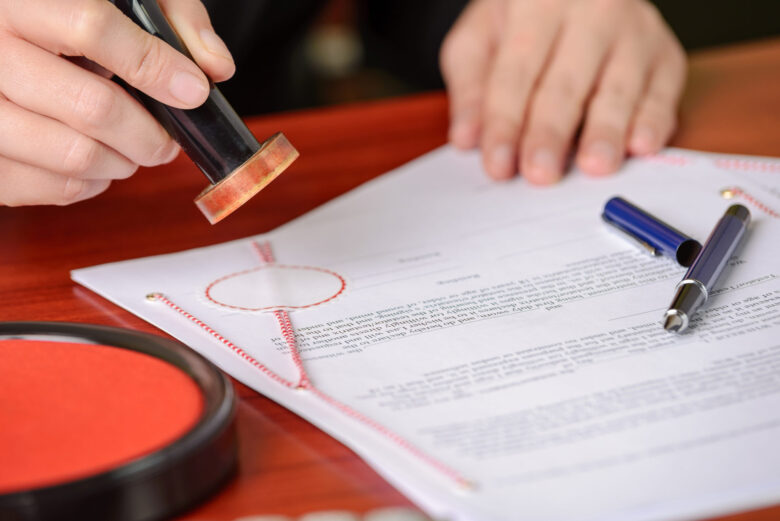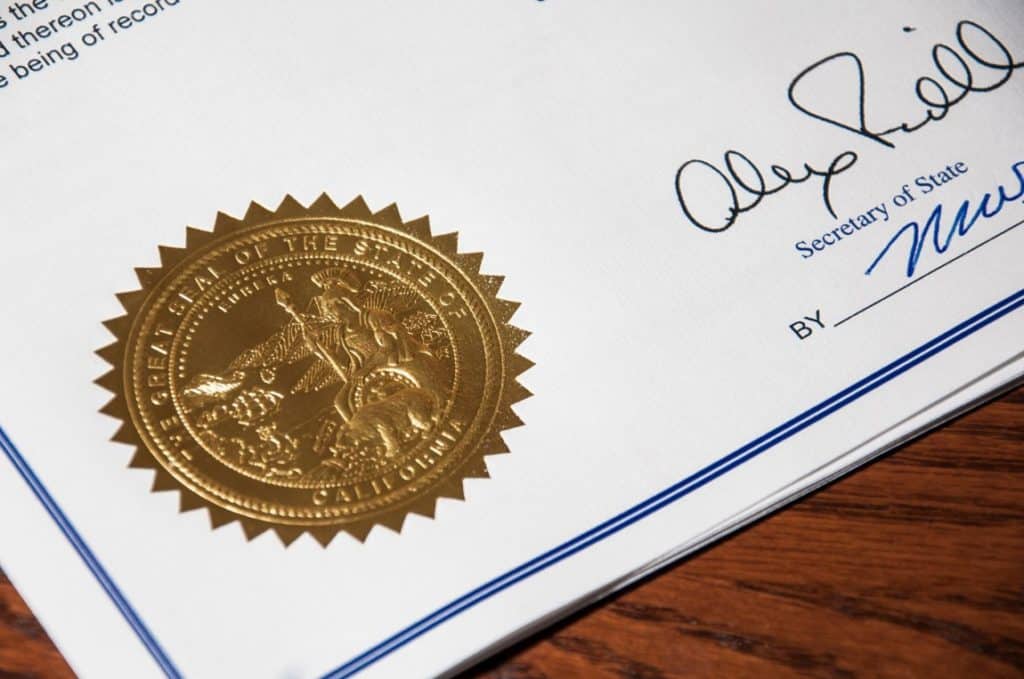A study abroad experience is an opportunity for students to immerse themselves in a different culture while pursuing their academic goals. The process involves traveling to another country to attend school for a period usually ranging from a term to a full academic year. It can be a transformative experience offering a unique perspective on education and personal growth. However, like any internationally oriented undertaking, studying abroad does come with its challenges. These can range from adapting to a different educational system, language barriers, and homesickness, to the validation of educational documents.
This introduces us to the subject of apostilles – an often overlooked but vital part of the preparation process for studying abroad. Apostilles are a form of official document validation that is recognized internationally. This process of validation is designed to make the acceptance of foreign public documents, like your academic qualifications, a lot smoother. They make your documents from your home country legitimate in your destination country.
By using apostilles to authenticate your educational documents, you eliminate the need for further legalization or certification, therefore making the transition of studying in a foreign country easier. This article explores the world of apostilles, how they play a significant role in global academics, and the processes involved in acquiring them.
What Are Apostilles?

An apostille is a seal of approval issued by a government or official authority validating the authenticity of a document, ensuring its acceptance in any of the countries that are signatories to the Hague Convention Apostille Treaty. Apostilles can be affixed to a variety of public documents such as birth certificates, court orders, or academic degrees, essentially assuring the receiving jurisdiction that the document in question has been issued by the competent authority and bears the correct signature.
Despite being a term used frequently in international law and document verification, apostilles have a relatively modern history. The Apostille Convention, also known as the Hague Convention of 5 October 1961 Abolishing the Requirement of Legalization for Foreign Public Documents, created a simplified method for authenticating documents to be used in foreign countries. This came as an attempt to “abolish the requirement of diplomatic or consular legalization for foreign public documents.”
Since then, it has been vital in streamlining the process of international document validity and lessening the complications posed by international legal variations. Apostilles are a key player in current global affairs, ensuring smooth, trusted exchanges of official documents.
How Apostilles Make Education Abroad Easier

Apostilles streamline the process of document validation, making it easier and more efficient for students to study abroad. Rather than having to use different validation processes across countries, apostilles provide a uniform method of document verification. By having essential documents like diplomas or transcripts apostilled, students can be confident that their documents will be recognized and accepted at foreign educational institutions. This convenience and peace of mind make the process much less intimidating and perplexing for students, enabling them to focus on other important aspects of moving and studying abroad like learning the local language, researching about the new culture, or preparing for the academic curriculum.
Apostilles saved a considerable amount of time and resources. Without the need for further consular or embassy legalizations, schools and universities abroad can reduce the gap between application and acceptance. This increases efficiency and reduces waiting periods, allowing students to plan their travels and accommodations more confidently and accurately. Apostilles also boost the reliability of documents on a global stage. They serve as proof that the documents are genuine and are issued by the proper authority. This level of certification can prevent any suspicion or issues relating to the authenticity of a document that may arise, ensuring a smooth transition into a foreign education system.
The Process of Getting an Apostille

The procedure to obtain an apostille begins with contacting the relevant government agency in your home country. This is typically the Department of State or its equivalent depending on your country of residence. Some countries, including the United States, also have certain states that provide apostilles for their respective jurisdiction. The first step is to ensure that the document to be apostilled is an original copy and is duly executed.
The second step involves submitting the document along with any necessary forms and fees to the designated authority. The application process may vary by country and even by the type of document, but the end goal is the same: to obtain an apostille that validates your document in a foreign jurisdiction. It must be noted that fees and processing times can vary too.
While many authorities aim to process apostilles within two weeks, it’s not uncommon for it to take several weeks. As for the question of where to get it, in most cases, it’s best to get the apostille in your home country. This ensures that it’s recognized by the educational institution to which you’ll be applying. There are some cases where you might obtain it abroad, but this largely depends on the countries involved and their adherence to the Apostille Convention.
Apostilles play a critical role in simplifying the process of document validation for students studying abroad, ensuring a seamless transition into foreign academics. A clear understanding of this process, as well as the function of apostilles, is beneficial for any student planning to have an international education.

